Wearable sensors help women analyse menstrual blood for affordable, non-invasive health monitoring.
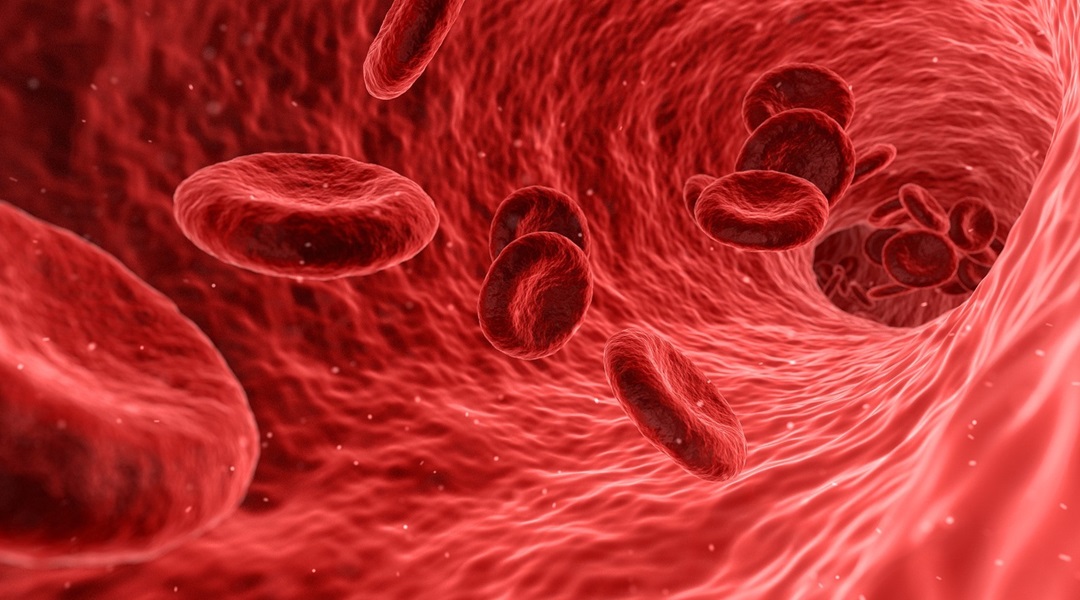

Wearable sensors help women analyse menstrual blood for affordable, non-invasive health monitoring.

High levels of a certain biomarker gives people a survival advantage, study finds.

The flexible and foldable 3D probes were surprisingly durable when inserted into brain tissue to map the deep functioning of neurons.
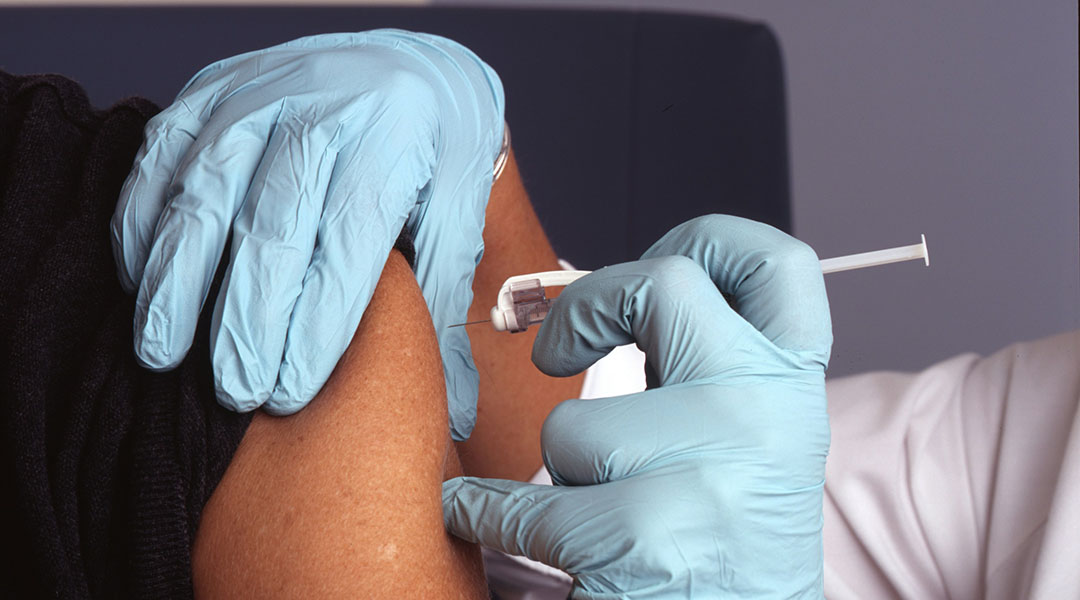
The quasi-vaccine could help healthcare workers weather a virus outbreak in the future.
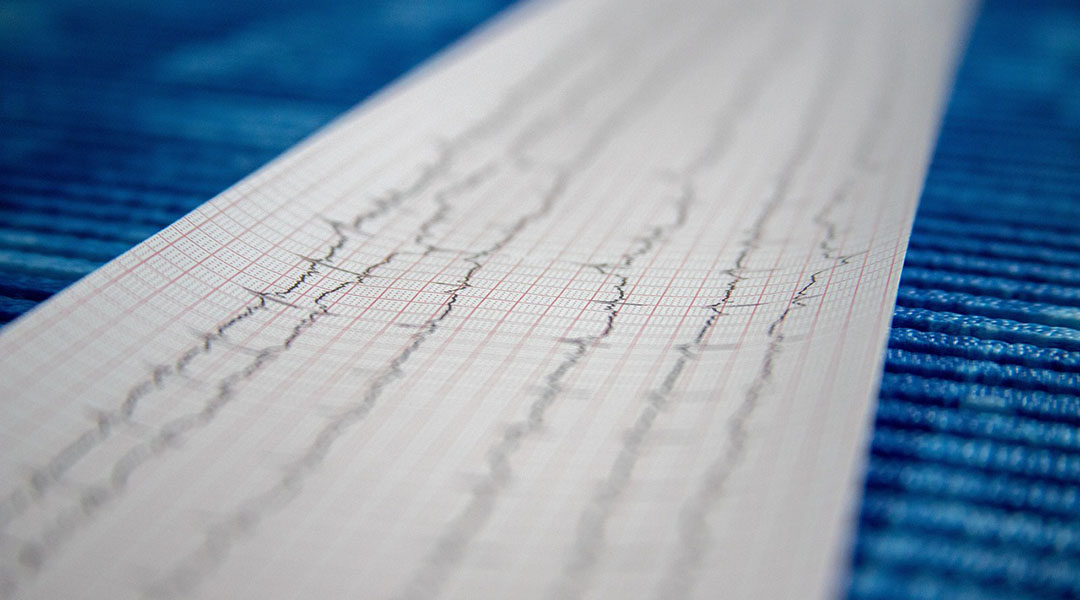
Smaller than a grain of rice, the pacemaker is designed with temporary interventions in mind.
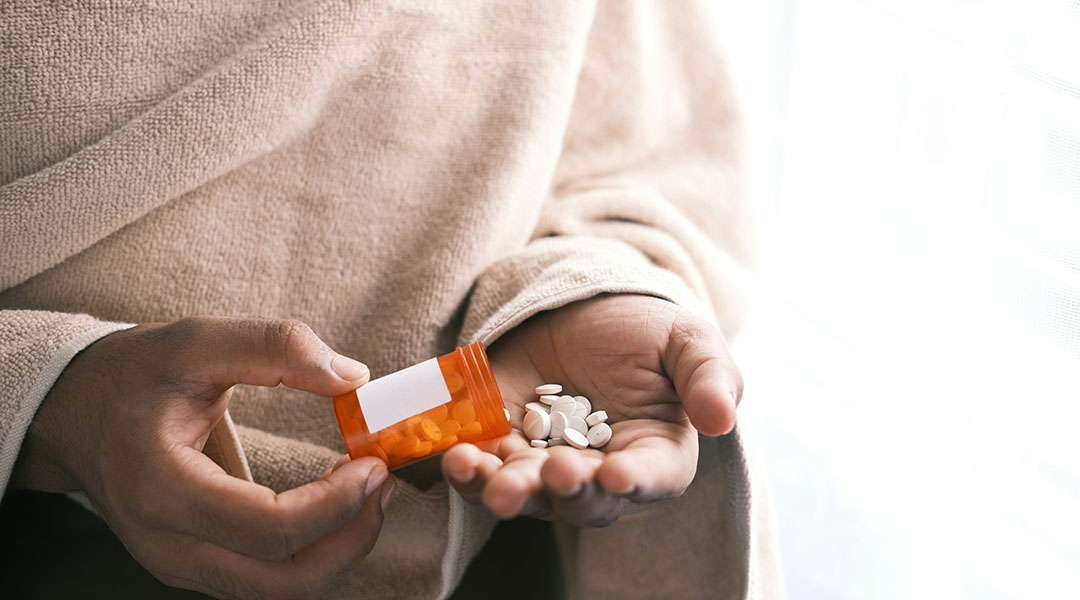
A bacterium found in a backyard could offer new hope in the fight against antibiotic resistance.
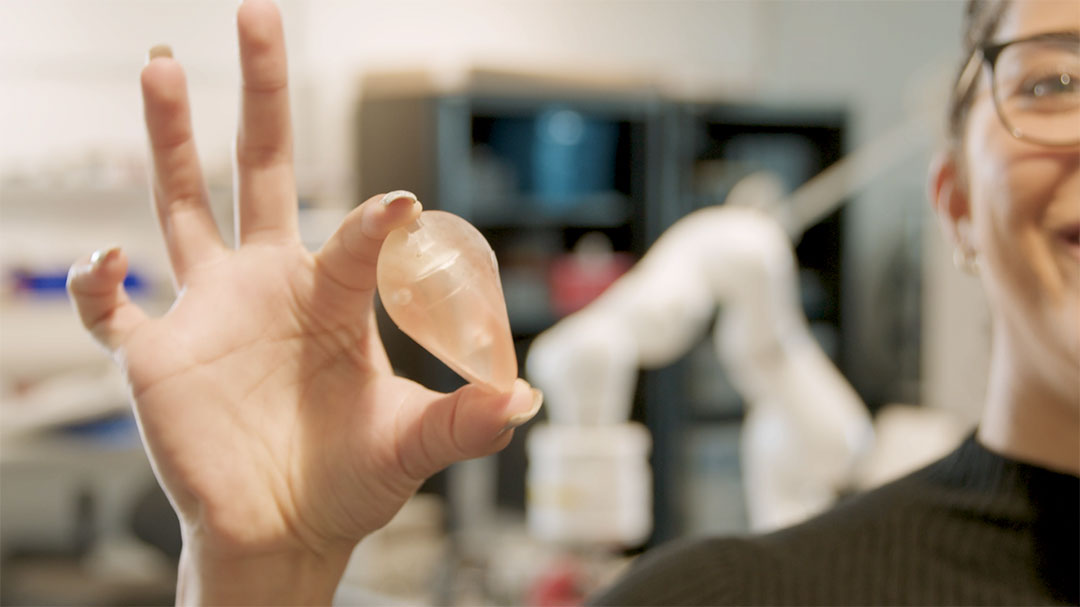
A robot with a unique shape could make it possible to perform ultrasound scans deep within the gut, helping doctors diagnose colorectal cancer.
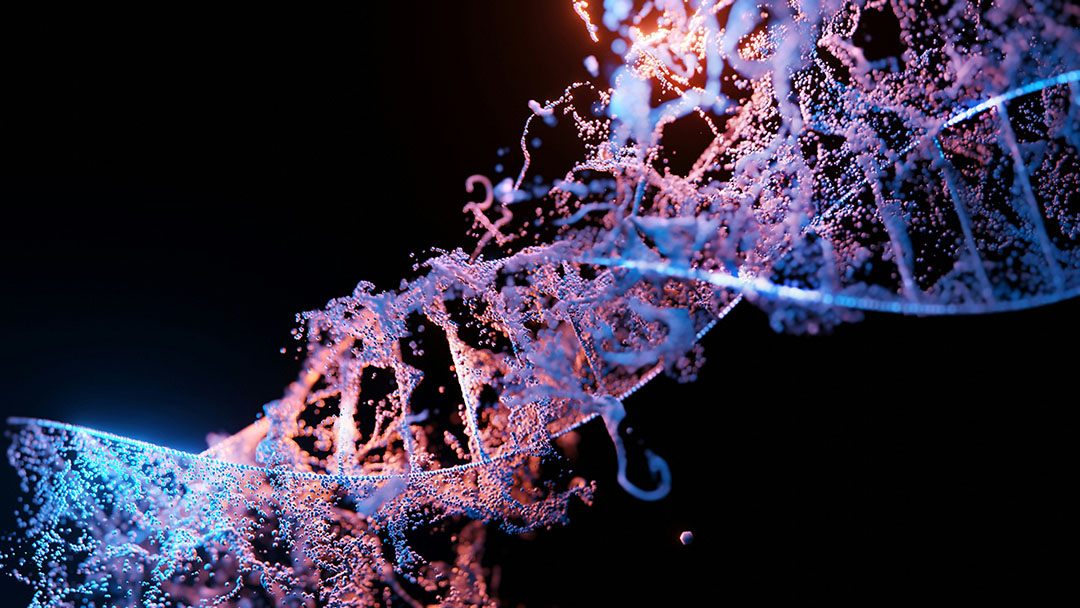
Scientists have developed a CRISPR-based diagnostic that detects pathogens in blood with million-fold greater sensitivity—without the need for DNA amplification.
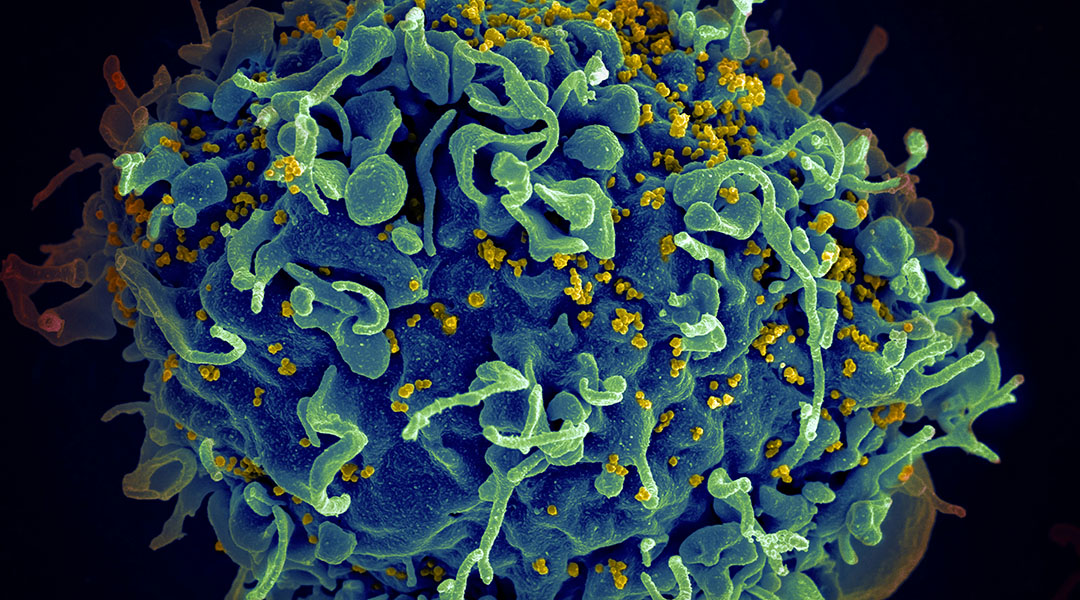
Scientists have identified key biomarkers linked to immune and metabolic dysfunction in people with HIV on long-term antiretroviral therapy.

Microplastics facilitate a “super slime” that is resistant to antibiotics, sparking concern about antibiotic resistance in heavily polluted areas.